It was a Thursday when Pennsylvania energy regulators received a pair of letters. The first let them know that $156 million in solar grant money they’d received in 2024 had been revoked; the second ordered them to stop any work related to that money.
The Aug. 7 correspondence was sent to the Pennsylvania Energy Development Authority, an independent financing authority for clean energy projects in the Keystone State. The agency was far from alone.
The Pennsylvania Energy Development Authority was one of 60 recipients, including state agencies, nonprofits and Native American tribes, to receive termination letters from the Environmental Protection Agency alerting them that funds they’d received under Solar for All, a Joe Biden-era initiative to help low-income households access solar energy, would be rescinded. The recipients’ accounts containing the funds won in 2024 were frozen and the money removed, environmental advocates say. Most large fossil fuel-producing states, including California, Colorado, New Mexico and Texas, had their funds pulled.
The same day that Pennsylvania received the news about its funding, EPA Administrator Lee Zeldin announced the cuts on X. “What a grift,” he said of the $7 billion program established under the Inflation Reduction Act, President Joe Biden’s signature legislation. .
But advocates and many Democrats say that Zeldin and the EPA are acting illegally. The Solar for All program, and the $27 billion funding bucket that underlies it, called the Greenhouse Gas Reduction Fund, was “Trump-proofed” before President Joe Biden left office, a move designed to ensure that an incoming Republican administration couldn’t legally claw back that money. The Greenhouse Gas Reduction Fund was established with the requirement that the money be “obligated” by Sept. 30, 2024 — before the end of Biden’s term — after which point it could not be revoked.
“That means that that funding is official,” said Elowyn Corby, Mid-Atlantic regional director at Vote Solar, a clean energy advocacy group. “It is real. It has gone to the states. Many of the grantees are already pulling down funds.”
Now, congressional Democrats are waging a war against the Trump administration to defend that stance, one supported by numerous environmental groups and the Pennsylvania Department of Environmental Protection, which sent a letter to the EPA on Aug. 28 asserting that the federal agency “does not have the authority to unilaterally terminate the [award] agreement.”
Zeldin defended the EPA’s right to withdraw the Solar for All funds by invoking language in HR 1, President Donald Trump’s One Big Beautiful Bill Act, which was adopted July 4. That bill stipulates that the Greenhouse Gas Reduction Fund will be “repealed” and “the unobligated balances of amounts made available to carry out” the program “rescinded.”
Sens. Mark Warner and Tim Kaine, Democrats from Virginia, urged Zeldin to walk back the move. On Aug. 14, the two senators joined Sen. Sheldon Whitehouse, a Democrat from Rhode Island, and 29 other colleagues, in arguing that freezing or pulling back the money is illegal, and that the line in the “Big Beautiful Bill” is predicated on a falsehood.
“It is not legally possible to claw back funding that has already been obligated,” Whitehouse and his colleagues wrote.
After Solar for All funds were rescinded, Vote Solar organizers launched a letter-writing campaign to 21 state attorneys general urging them to “take swift action” against the EPA to protect the money. “EPA’s attempt to terminate Pennsylvania’s Solar for All program is misguided and unjustified,” says a letter the group, along with 30 other clean energy and conservation groups, sent to Pennsylvania Attorney General Dave Sunday.
Olivia Nedd, senior policy director of the group’s access and equity program, said their call was met with promising responses by Colorado and California, both which have substantial investments in solar and other renewable sources of energy. But, she said, she’s not heard back from Sunday, a Republican, or his office.
It’s unclear how far, for his part, Pennsylvania Gov. Josh Shapiro, a Democrat, will go to defend the Solar for All funds. But environmental advocates in the state told Capital & Main that the letter it sent to the federal government on Aug. 28 is a required first step to litigation.
“It does not reflect a commitment on the Shapiro administration’s part to pursue a legal challenge,” said Robert Routh, Pennsylvania policy director at the Natural Resources Defense Council. “But it is a necessary step procedurally in order to allow them to be able to do that in the future.”
A spokesperson for Shapiro did not respond to Capital & Main’s requests for comment. Shapiro sued the Trump administration in February after a Jan. 20 executive order froze all Inflation Reduction Act funds, including Solar for All. The funds were later unfrozen, but then thrown into limbo with Zeldin’s announcement. Whether Shapiro will again take action to wrestle back the money is an open question.
But, even if Pennsylvania were to succeed and retain its solar funding, the state Legislature remains a stumbling block. Embroiled in a bitter impasse, the state’s budget has yet to reach Shapiro’s desk nearly three months after the June 30 annual deadline. Though rescinded for now by the EPA, Pennsylvania’s award of Solar for All funds, like many public programs in the state, including Medicaid and education, are also caught in the crossfire of the budget debate.
Three months after Pennsylvania was awarded its Solar for All grant funding, a line was inserted into an omnibus fiscal code bill requiring that the Pennsylvania Energy Development Authority, the agency responsible for doling out the dollars, secure approval from the state Legislature in order to spend the funds.
Pennsylvania’s Solar for All funds were earmarked for low-income residents and those who live in environmental justice communities — ones that are disproportionately exposed to pollution. The program promised to provide solar installations to 12,500 households that were guaranteed at least 20% savings on their electricity bills. It promised to thwart climate change-inducing fossil fuel emissions, create green jobs and help build out the state’s solar economy, which is a fraction of that of other fossil fuel-producing states. Pennsylvania currently ranks 49th in the nation for its growth in solar, wind and geothermal generation over the last decade, according to the nonprofit advocacy group PennEnvironment.
“This is taxpayer money that’s out there. It was competitive. It was given to pretty much all the states. We got a share, and we’re turning our back on it,” said Jen Quinn, legislative and political director at the Pennsylvania chapter of the Sierra Club. “It’s just deeply confusing.”
State Rep. Elizabeth Fiedler, a progressive Democrat from Philadelphia, introduced a bill in January attempting to secure that legislative approval. But, after advancing out of committee, it was quickly halted by an amendment that critics said amounted to a poison pill, forcing Fiedler to look for other ways to free up the grant money.
“Solar and wind are the cheapest and quickest to build and can offer households savings,” Fiedler told Capital & Main in a statement. “It’s ridiculous to block these new projects at a time when Pennsylvanians are struggling more and more to keep up with rising electricity bills.”
As negotiations over the state budget creep on, it is unclear whether language that would release the state’s allocation of Solar for All funding will make it into a final deal, regardless of whether it is restored by the Trump administration. In June, the Democratic-controlled state House passed a bill that included a line doing just that, but when it reached the Republican-controlled Senate, the line was abruptly removed from the legislation.
“Negotiations are ongoing,” said Elizabeth Rementer, press secretary for House Democratic Majority Leader Matt Bradford, of Montgomery County, in a statement on the status of the Solar for All funding. “Despite the fact that Solar for All remains an important priority for House Democrats, it’s clear Senate Republicans are unwilling to release these funds to help cut utility costs for Pennsylvanians and grow the economy.”
This battle mirrors the one playing out at the federal level — both stemming from arcane language tucked into the pages of mega-bills, both viciously partisan and both with no clear end in sight. Those who are hurt the most by it, advocates say, are low-income homeowners faced with rising energy costs.
“It is hard to find a clear rationale for the politicization of these funds,” said Corby, the Vote Solar regional director. “Especially in a world where legislators on either side of the aisle are hearing from their constituents practically every day about how hard it is to keep up with rising energy costs.”
Copyright 2025 Capital & Main
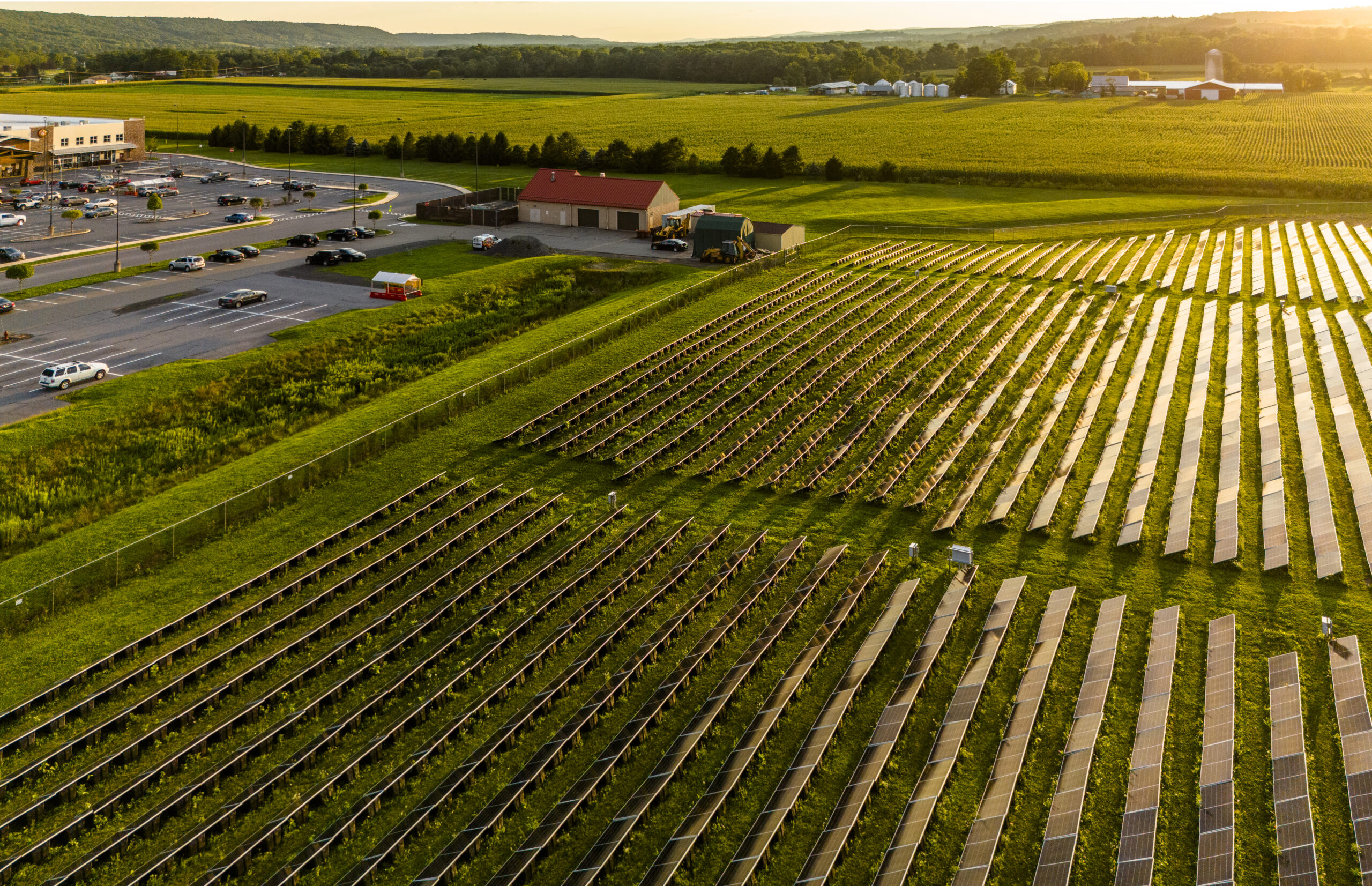

 Locked OutDecember 23, 2025
Locked OutDecember 23, 2025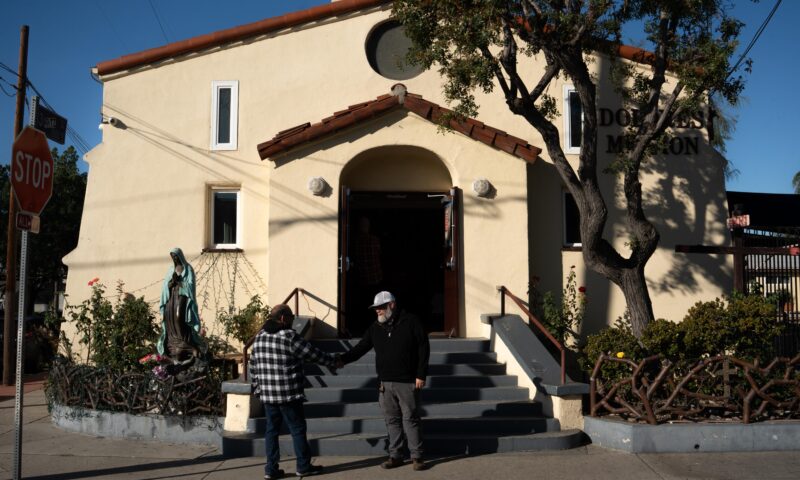
 Latest NewsDecember 22, 2025
Latest NewsDecember 22, 2025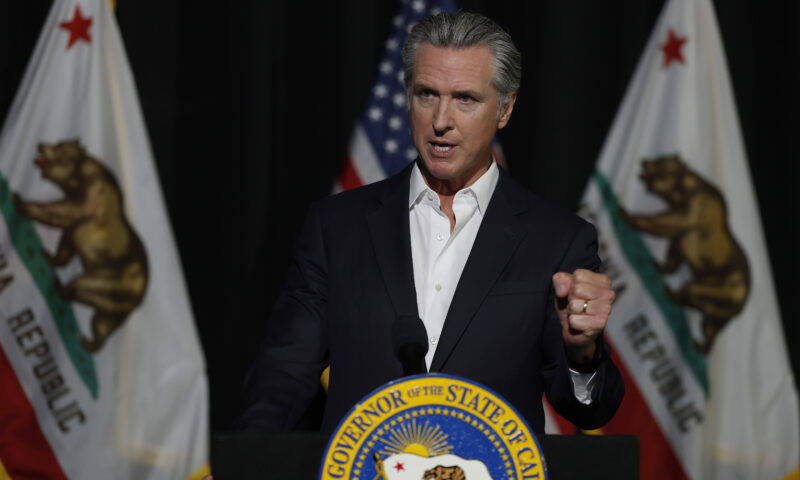
 Column - State of InequalityDecember 24, 2025
Column - State of InequalityDecember 24, 2025
 Latest NewsJanuary 8, 2026
Latest NewsJanuary 8, 2026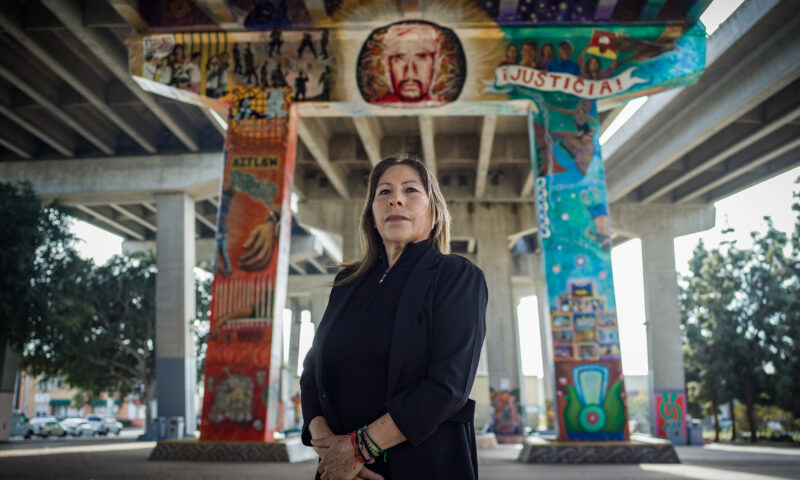
 Latest NewsDecember 29, 2025
Latest NewsDecember 29, 2025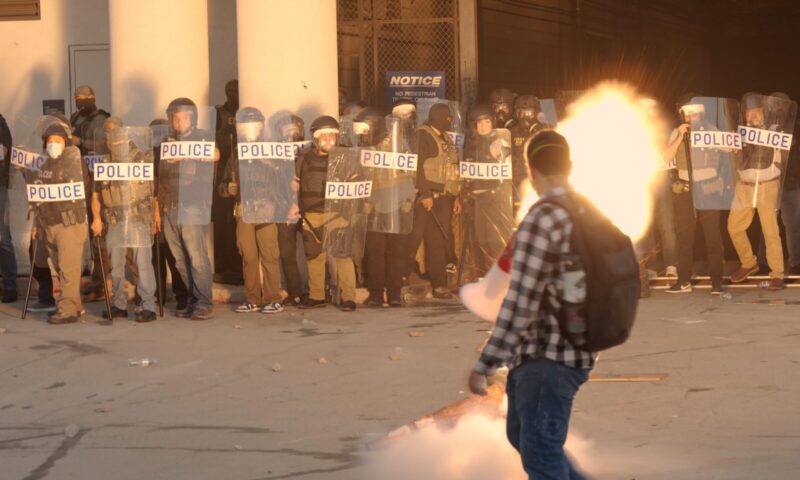
 Latest NewsDecember 30, 2025
Latest NewsDecember 30, 2025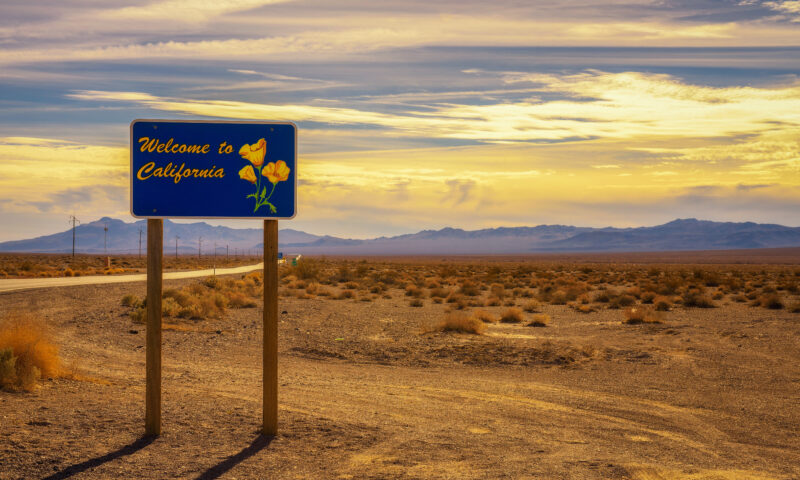
 Column - State of InequalityJanuary 1, 2026
Column - State of InequalityJanuary 1, 2026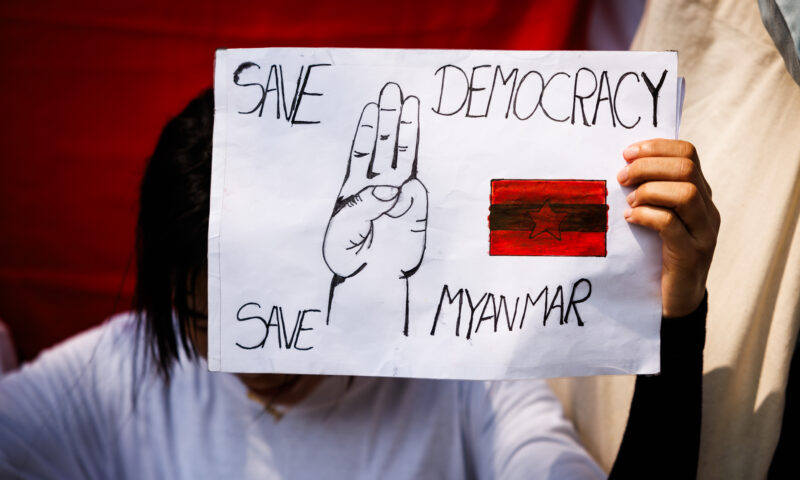
 Latest NewsJanuary 6, 2026
Latest NewsJanuary 6, 2026

